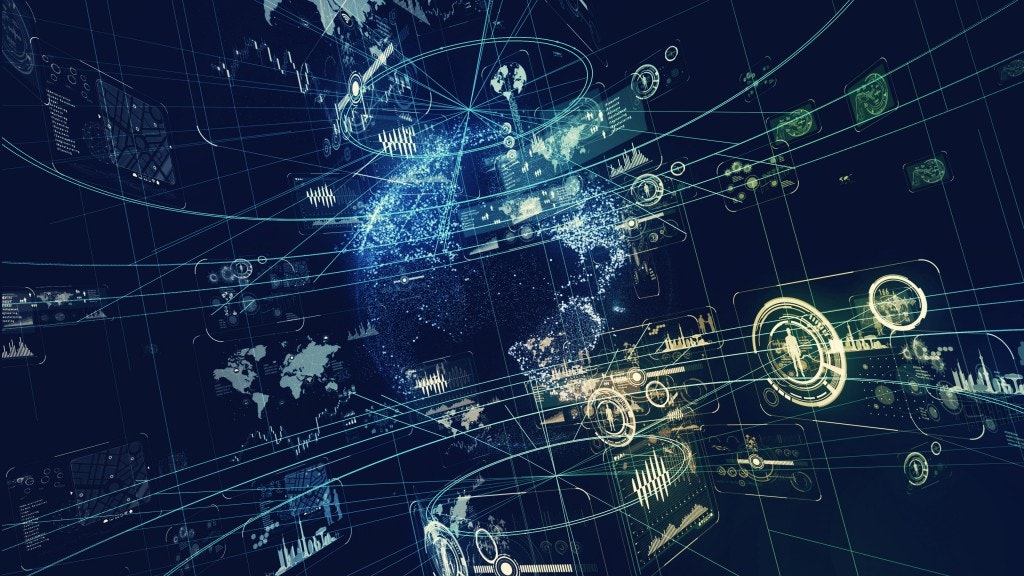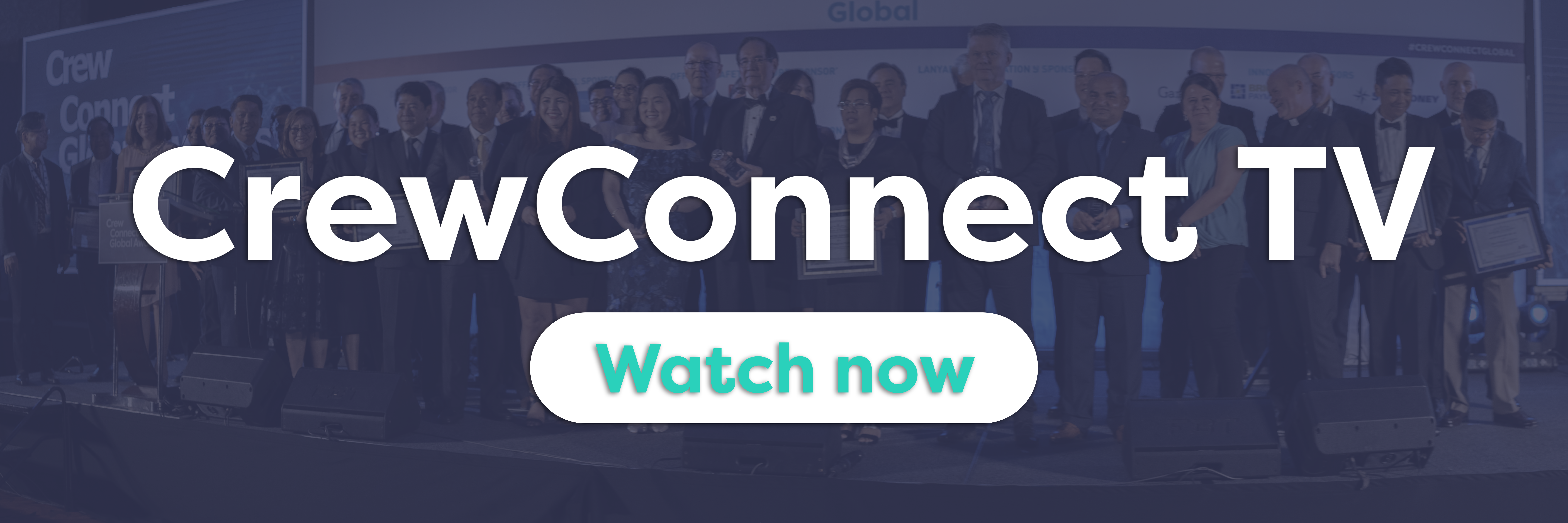Alexander Avanth, PTC Holdings, on AI, innovation & the next generation of seafarers

At this year’s CrewConnect Global, we spoke to the leaders and stakeholders of this industry, and found out about their views on the changes in the maritime industry and their impact on crewing and seafarers.
PTC Holdings Director of Business Innovation Alexander Avanth talks about disruptions, innovations, and the future of work in the maritime industry.
How will technology disrupt seafarer professions?
“Well, the question is quite broad because disruption can happen on different levels. So to answer the question directly, I think that it will disrupt. But how? That’s different.
We have three different approaches to disruption: something that happens at the core, adjacencies, and transformation. At the core it could be different ways of working; adjacencies could be different methods of working; and transformation is just a different kind of work. So there will be disruptions depending on what level of these areas we’re talking about.”
What do you think will be the main disruptors?
“In terms of technology, the main disruptors are probably going to be driven by artificial intelligence, and artificial intelligence is also a buzz word. It’s a lot of things, basically; it’s like saying ‘it’s the internet’. So artificial intelligence could be anything from general intelligence, something that manages an oversight or operation, or something very specific like an artificial assistant. I think these small adjustments to artificial assistance or cognitive assistance might be some of the first things we’ll see introduced into the different ways of working. This can be cognitive assistance in our communication. Many of the problems we’re experiencing in seafaring, but also in general, is due to miscommunication. So something to keep our memory intact and on point are some of the smaller innovations that I think will have humongous impact in the way we work both at sea and on land.”
Is maritime ready for millennials and younger generations like Gen Z?
“It really depends; yes and no. I think the industry is ready to take them in and are already taking them in, but whether or not they can keep them is a different question.
Millennials and Gen Z have very specific requirements and value structures that can be quite hard to accompany and quantify. There’s something about impact, diversity, and personal development that needs to be taken care of in order to keep them satisfied about their work, and probably more importantly their being.
One of the things we forget to talk about when we talk about the future of work and millennials is that we want an employee or a seafarer, but we want the best version of this seafarer. The former way of working with people is that we’d hire people for a function, and now due to technology and the acceleration of change, we need people for processes. Millennials are good at these things because they are adaptable, they want change, they seek impact. But in order for them to accompany this, and actually enable to pursue it, they need the correct training.
So the maritime industry can definitely take them in. But keeping them and making sure that they’re satisfied about their position and their work requires an almost surgical approach to human resources development.”
How could this industry evolve and digitally transform?
“There’s many ways the industry can go. It depends on the values of the company that wants to pursue a change agenda or digital transformation. I think it’s very important that we don’t just use digital to increase output. I think it’s important that we take into consideration how we can use digital to increase impact and preferably something that is positive.
We’ve seen the need for companies to change, not only because they can’t keep doing what they do, but also because they need to start doing something different in order to both socially and environmentally take care of our planet.
So to initiate a digital transformation, I think that looking at the output from a social and environmental impact perspective is a good way to get started. This is not only something that will change the company, but it will fundamentally change the environment and the community that the company exists and operates in.”
How do you see the future of this industry going?
“I guess the future of this industry is complex. It’s the 10 year anniversary of the iPhone, and I think the biggest misconception we have about the future is that we can try to predict it. I think it is very hard to say that what has happened in the last 10 years is technically more evolution in the world than we’ve seen in the last 50 years. We’ve had such a progress with digital, so just trying to imagine the next five… I’d say it requires a lot more diversity, not only in who we are as human beings, but also the way we conduct work.
Work is no longer something that is isolated to a function, in one workplace. Work is something that we pursue because, hopefully, it creates meaning for us. The future of maritime comes back to its roots. We used to be seafarers because we wanted to go on an adventure. So how could we reintroduce adventure into the seafarers of the future and hopefully make sailing something that goes beyond transport, and something that goes towards sense-making and making work more meaningful for the individual?”
